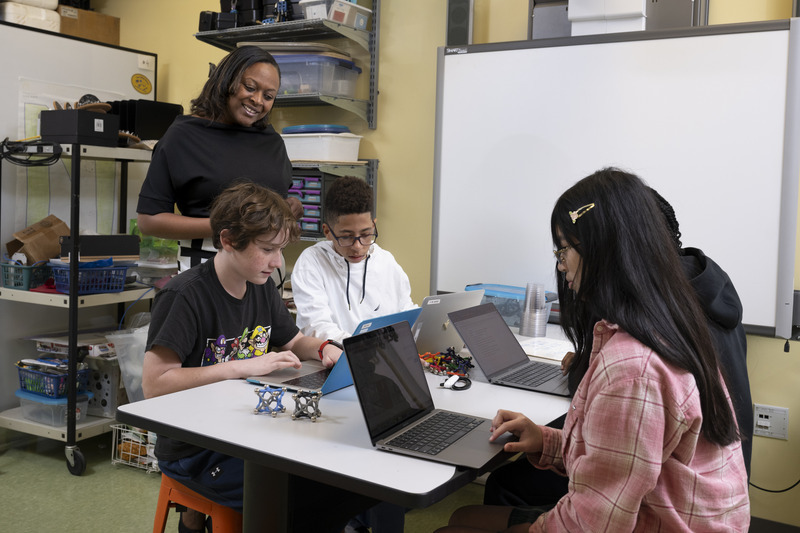Have you always wanted to be an editor? Or are you an editor who needs to earn more? On principle, Capstone Editing has never discounted our editing services or courses. We believe it devalues them and serves to undermine the conditions of editors—as other service providers also start to provide…
-
-
At the tertiary level, each school or department has a stated preference for the referencing style students should use when completing assignments for courses. The two most commonly required footnote referencing styles for Australian universities are Chicago (Notes-Bibliography) and AGLC (Australian Guide to Legal Citation). All the examples given here…
-
At the tertiary level, each school or department has a stated preference for the referencing style students should use when completing assignments for courses. The two most commonly required referencing styles are APA and Harvard, both of which are author–date referencing styles. In this blog article, I will explain the…
-
Once you have completed the experimental stages of your research and compiled all of the statistics, it’s time to think about publishing your paper. Putting together a scientific manuscript from scratch can be very daunting the first few times. It’s easy to get bogged down in the details or to…
-
In Part 1 of this blog, we discussed why it is so valuable for academics to engage with the media. Now that we know the ‘why’, it is important to know the ‘how’, particularly for academics in research fields that may be deemed controversial. First, it is essential that the…
-
Engaging with the media can seem like a scary prospect. After all, journalists are not known for their subtlety and willingness to stick to ‘on-the-record’ topics. However, with the right knowledge and preparation, media engagement can be a positive career move and a great deal of fun. There are two…
-
Associate Professor Joanne Devlin and I are currently coediting a book, with the working title Academic Mamas. Filled with the stories of women academics across diverse disciplines in Australian universities, our book will be intended for everyone who wants to learn about the different experiences of mothers in academia and identify strategies that…
-
There seems to be an easy solution to these financial woes for a single parent. Get a job. Any job. And here is one of the greatest challenges of being a single parent in academia—having to prove you can hack it over and over and over again. I hadn’t even…
-
Last year, I won another small research grant—A$3,700—and I was able to go overseas for research, which is great. But A$3,700 did not stretch to cover child care, and as a single parent, there was no father to leave them with. I had to juggle friends and family; in the…
-
I am going to tell you a story. It is what we all do in academia, really, tell stories. We tell stories to our students to help them learn, stories to our colleagues of our latest discovery, stories to readers of journals or books to spread our research. As mother…









